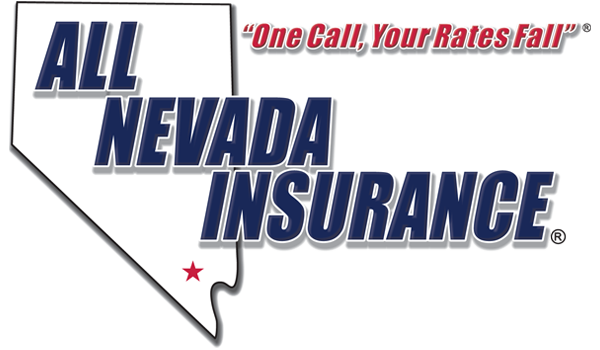Recreational activities are a great way to bond with loved ones and have fun. These moments can turn into a nightmare when an accident occurs. Any accidents can lead to damage and significant financial loss as you try to fix them. That is why we ensure you enjoy your moments at All Nevada Insurance Inc. by giving you recreational insurance coverage. This insurance coverage helps ensure you, your family, and your equipment are fully protected, regardless of the season. Contact us today to get your policy if you are in Las Vegas, NV. Our excellent customer service ensures our clients get the information and coverage they need.
Types of Recreational Insurance You May Need
As a fan of outdoor activities, especially in Las Vegas, NV, you must look for a policy covering you and your family. There are various types of recreational insurance that you may need, as highlighted below.
Boat Insurance
One of the outdoor activities that you can enjoy is using a boat. Since this is a considerable investment, you must be covered from damage, loss, and theft. Irrespective of the size of your boat, having boat insurance will ensure you don’t get into financial loss in case something happens.
RV Insurance
If you are planning a driven family vacation, contact us at All Nevada Insurance Inc. to get your insurance coverage. This will ensure you are prepared for loss, unique repairs, damages, and liability that come with a motorhome. Also, if you have a camper, fifth wheel, or travel trailer, let us help you find the right policy for your needs.
Golf Carts
Another exciting policy to consider is Golf cart insurance that protects you against liability, damage, and theft. If you are in Las Vegas, NV, this will ensure you enjoy your game without worrying.
Call All Nevada Insurance Inc. Now
There are many recreational insurance policies that we can cover for you to ensure you enjoy your outdoor activity. Call us today. We might surprise you with great deals.


 Our Locations
Our Locations

